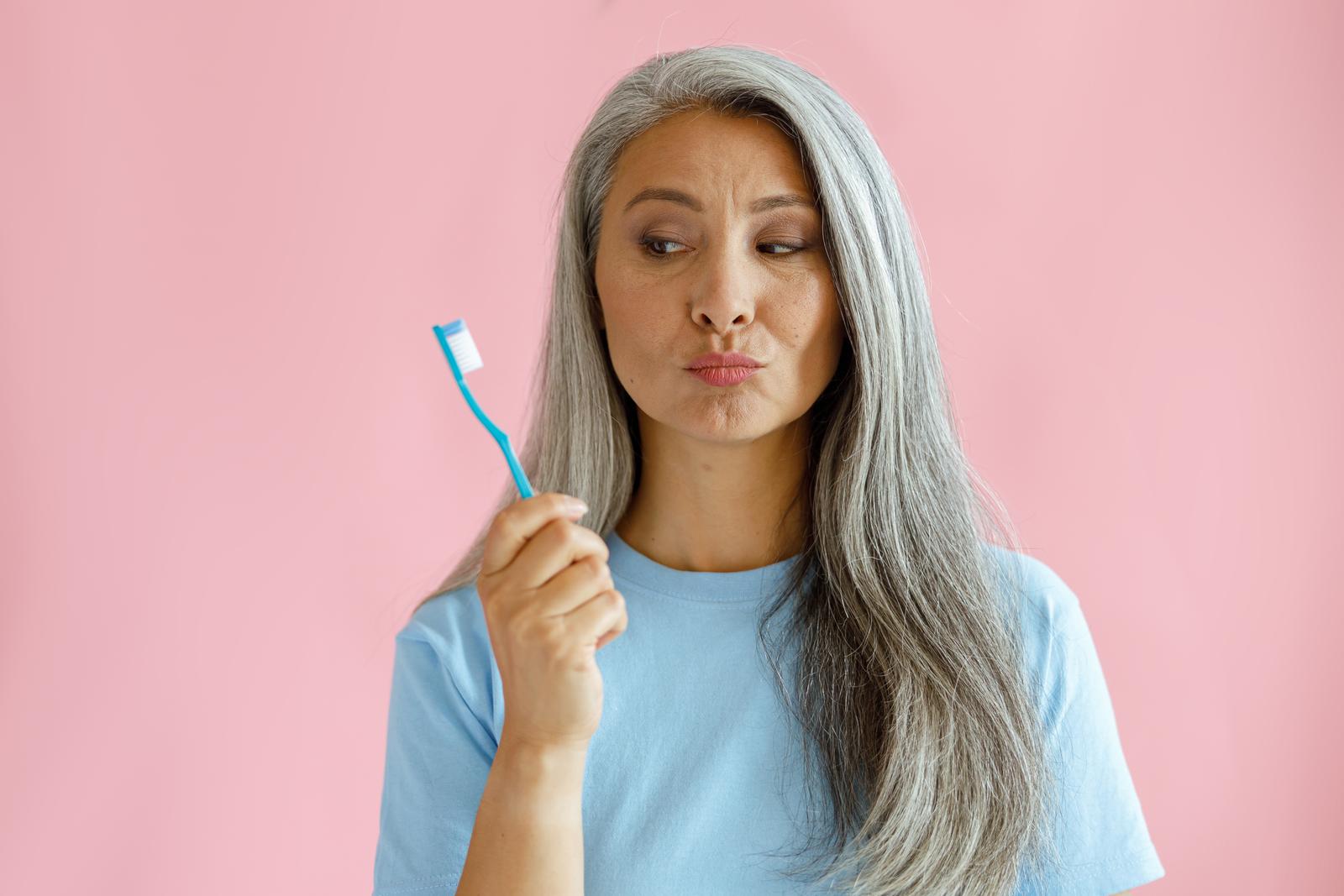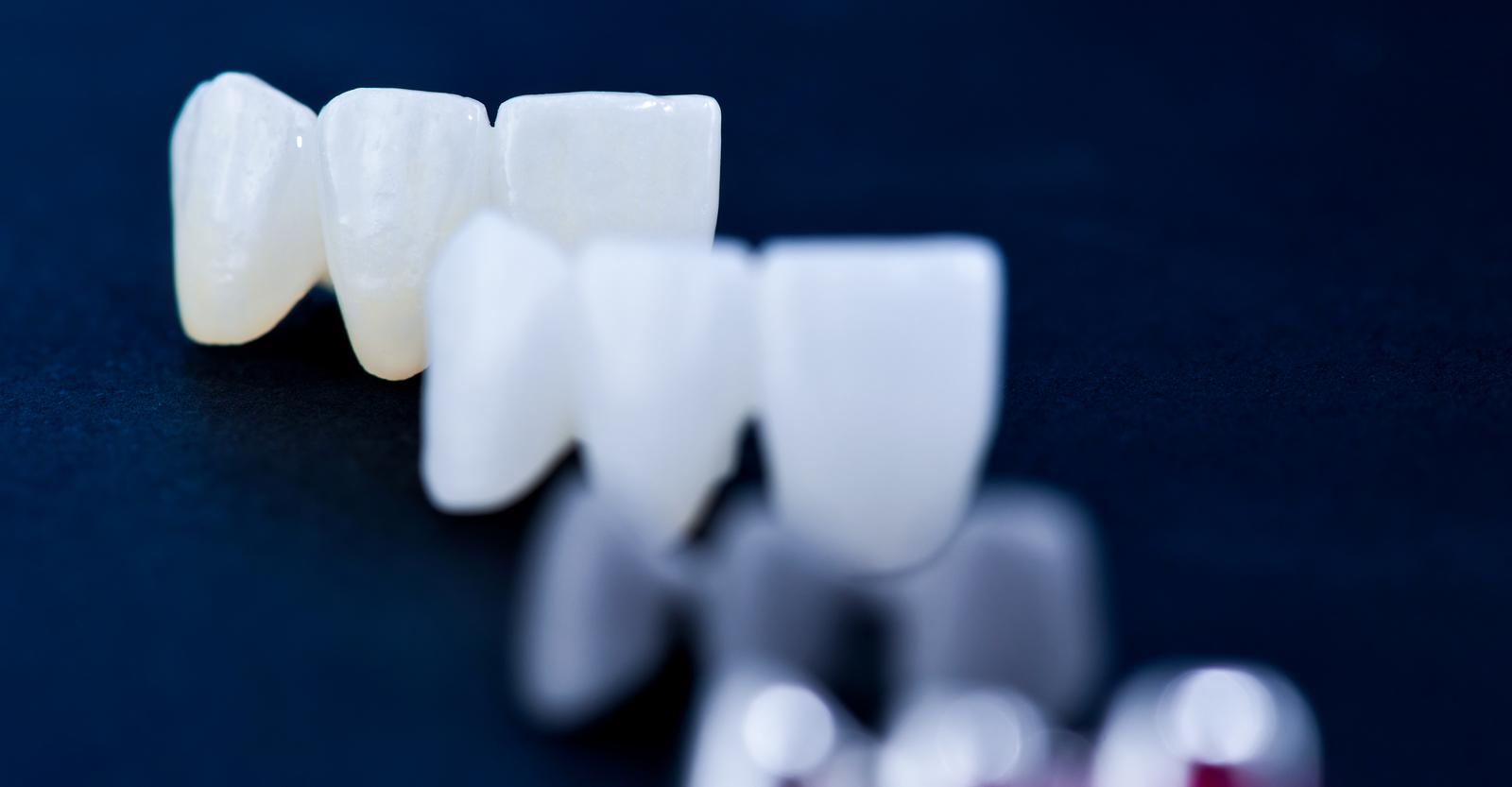Toothbrush Cover: Friend Or Foe? Tips For Keeping Your Toothbrush Clean
Oral health plays a vital role in our overall well-being. One of the essential aspects of maintaining it is brushing our teeth daily using a properly cleaned toothbrush. However, a question that often arises is whether we should use a cover for our toothbrush. These covers can easily be found in most convenience stores, but…


